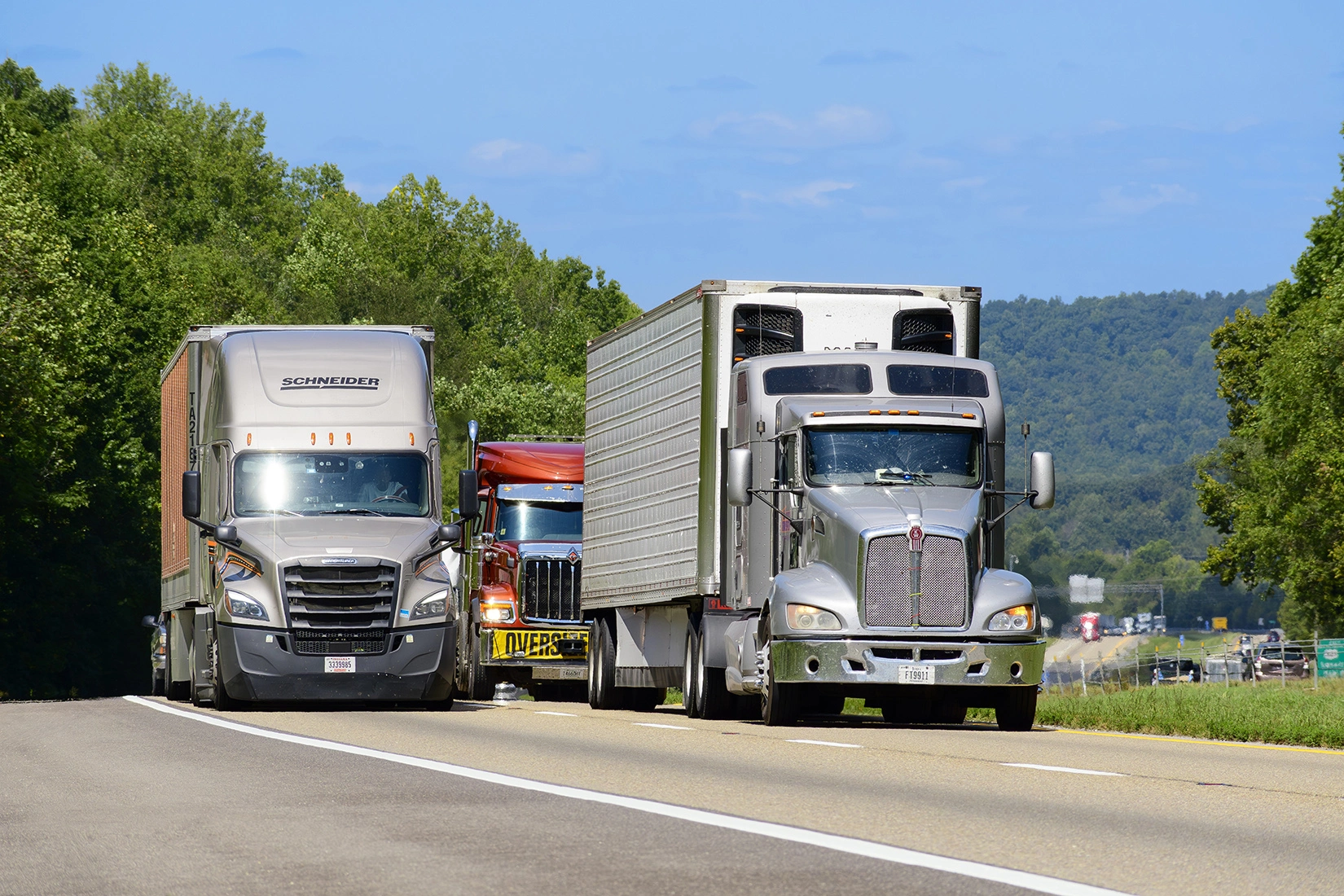Application Form
Please fill out the form below, so we can contact you as soon as possible!

When you’re an owner-operator in the trucking business, one of the biggest decisions you’ll face is structuring your business: staying a sole proprietor or forming a Limited Liability Company (LLC). While both options have their benefits, the right path depends on your goals, financial situation, and long-term plans.
Here’s a practical breakdown of both business structures, including pros, cons, and tax implications, to help you make an informed decision.
A sole proprietorship is the default structure for anyone doing business on their own. If you’ve started hauling loads without officially registering your business as an LLC or corporation, you’re already a sole proprietor.
Pros:
Cons:
Tax Implications:
As a sole proprietor, you’re responsible for self-employment taxes (Social Security and Medicare), which can be around 15.3%. You may deduct business expenses like fuel, maintenance, and insurance, but you don’t get special tax treatment.
What is it?
An LLC is a legal business structure that separates your assets from your business liabilities. It’s a popular choice for owner-operators who want more protection and credibility.
Pros:
Cons:
Tax Implications:
By default, a single-member LLC is taxed like a sole proprietorship. However, you can elect S-Corp taxation, which may reduce self-employment taxes if you pay yourself a reasonable salary and take the rest as distributions. This can offer notable tax savings at higher income levels.
There’s no one-size-fits-all answer. Many owner-operators start as sole proprietors and move to an LLC once their income increases or they want better protection. If you’re unsure, consult a tax professional or business attorney to weigh your specific needs and state regulations.
Making the right choice now can save you money, stress, and legal headaches down the road.
Application Form
Please fill out the form below, so we can contact you as soon as possible!